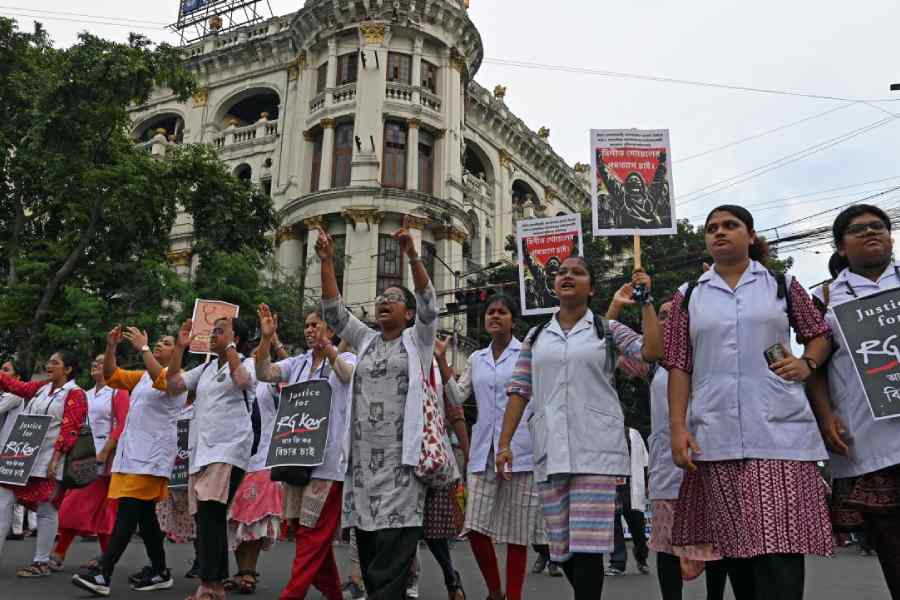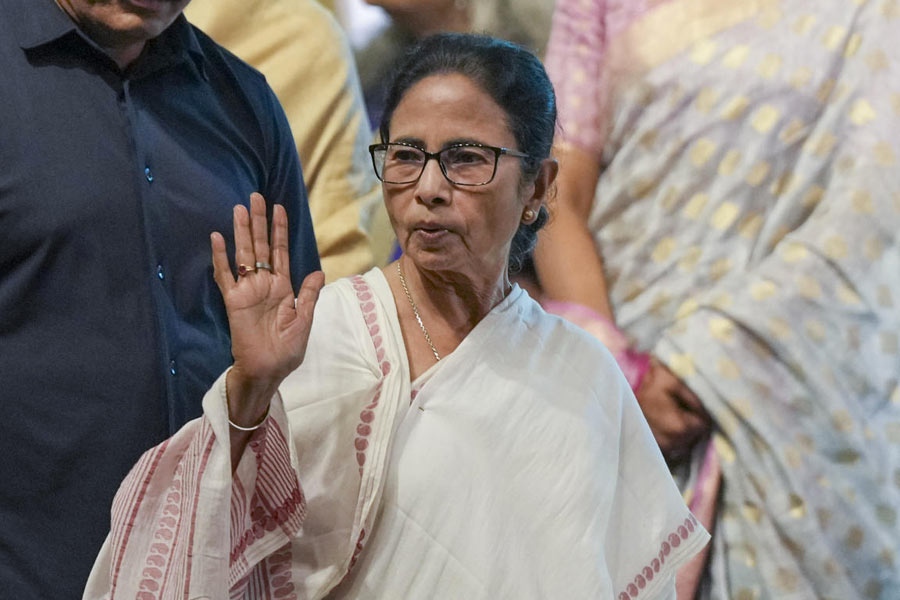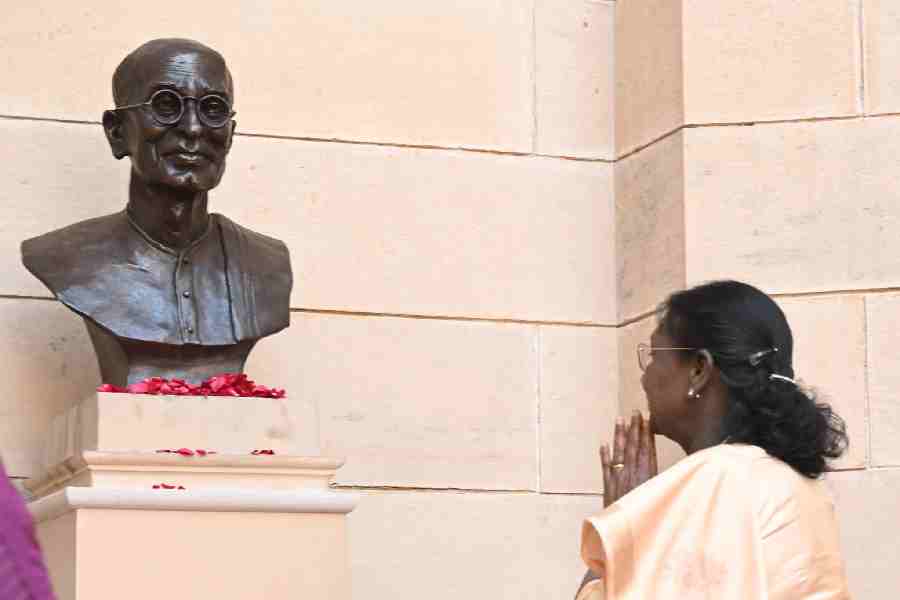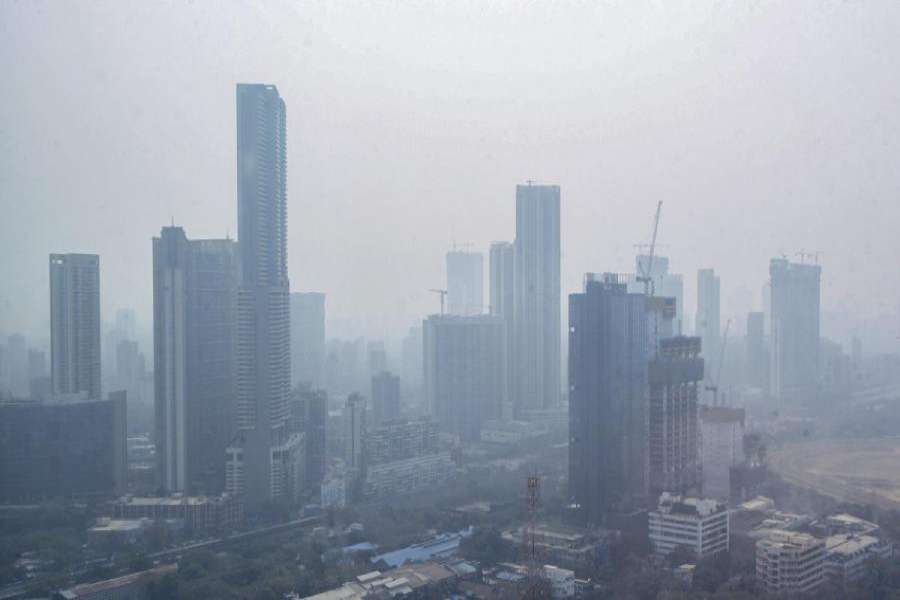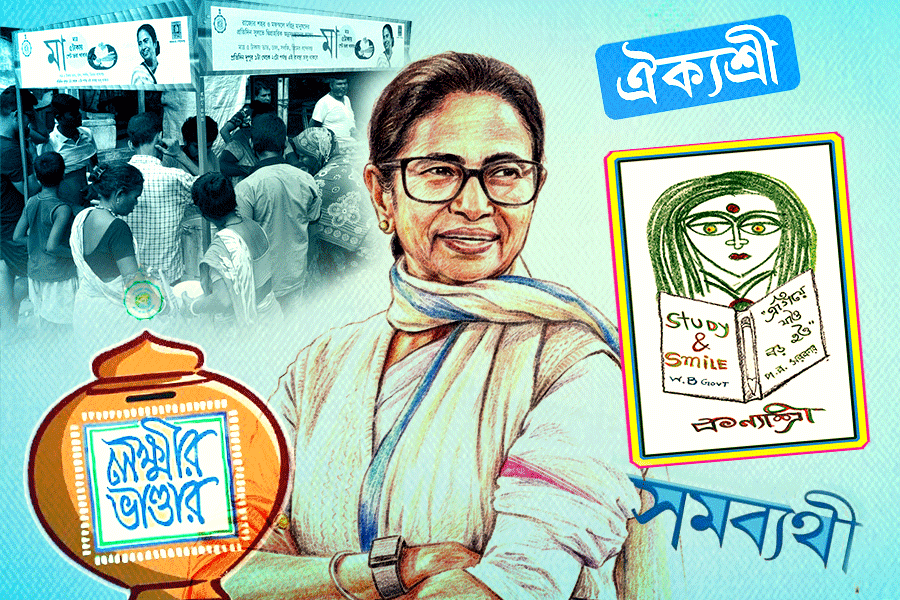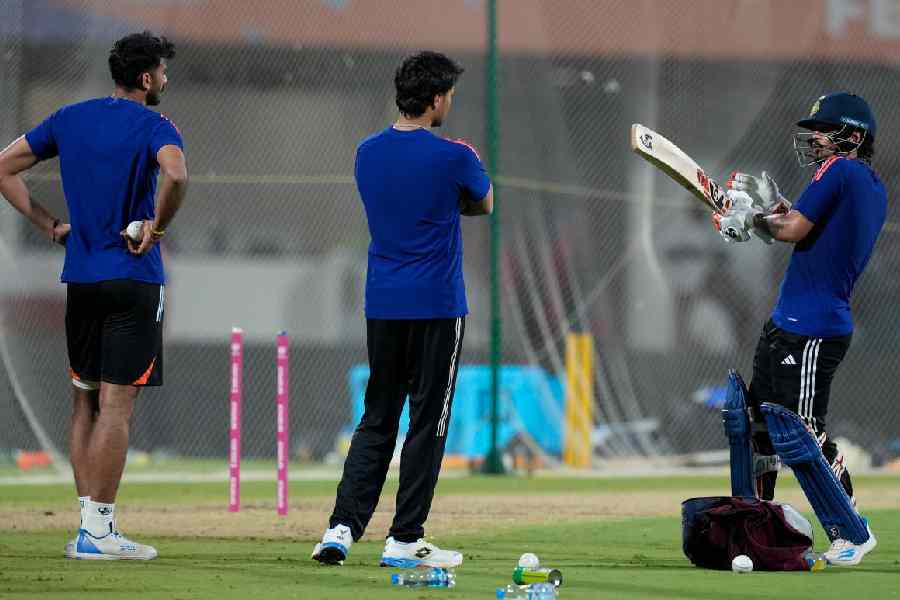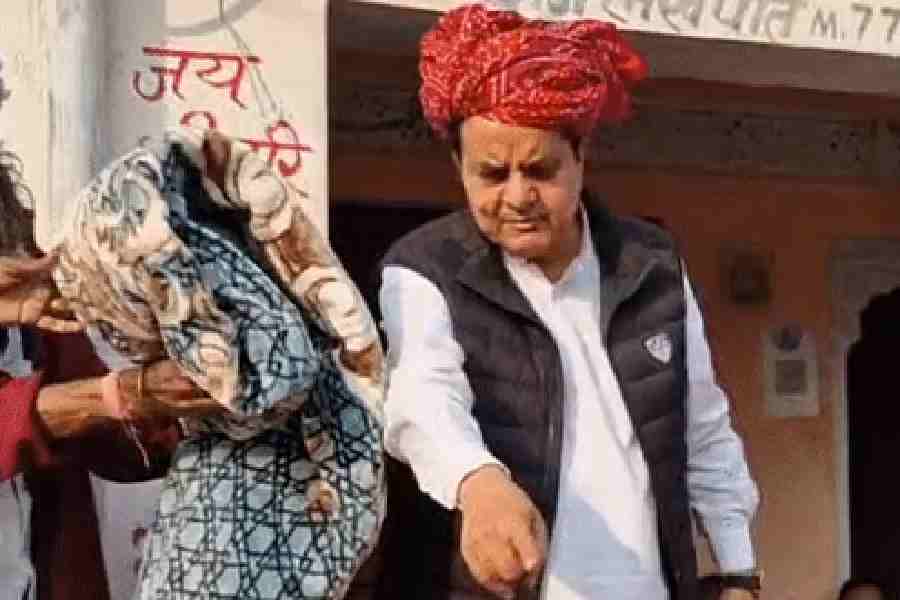The Aparajita Bill, passed on Tuesday by the Bengal Assembly, has drawn strong criticism for introducing and reiterating death as punishment for rape. The bill amends the corresponding sections of Bharatiya Nyaya Sanhita (BNS), the new Indian penal code.
A group of women from Bengal wrote a letter to chief minister Mamata Banerjee on Saturday questioning the bill’s provisions.
The group, which includes activists and legal experts, has posted the letter on social media in Bengali and English. It has been scathing in its criticism of the bill for scaling up punishment, its assumptions about gender and the haste with which it has been presented.
The bill has drawn the most attention for its introduction of death penalty from the legal community and others. The mention of death as a mandatory punishment in one of the sections of the bill is unconstitutional, said lawyers.
The Aparajita Woman and Child (West Bengal Criminal Laws Amendment Bill, 2024) prescribes harsher punishments for rape and mentions death as one of the penalties in six cases.
In the case of “persons committing an offence of rape and inflicting injury which causes death or causes the woman to be in a vegetative state”, the only penalty mentioned is “death”.
“This is unconstitutional. Death cannot be the only punishment for an offence,” says lawyer Kaushik Gupta, who has taken up several human rights violation cases.
He cites the landmark Mithu vs State of Punjab case (1983), in which a constitutional bench of the Supreme Court ruled that death penalty cannot be mandatory for an offence.
“How can any state not know of this? The bill is a knee-jerk reaction from the state government to the RG Kar rape and murder,” Gupta said, adding that if the government was interested in women’s safety, it could have introduced a bill on preventive measures that created safe environments for them. “Instead the bill harps on punishment,” Gupta said.
“We are concerned that the bill aims to deter rape primarily by intensifying punishments... It has been seen that the more severe the punishment, the lower the conviction rate,” the letter to the chief minister said.
It stresses that the section of the bill that mentions death as the only penalty is unconstitutional according to the Supreme Court ruling.
The letter is sceptical about the proposal to set up a special task force and special courts to address sexual offences, as setting up new agencies without equipping them with infrastructure, personnel and funds looks futile.
The women’s group also questions the way the bill was drafted. “It is a long-established tradition to consult stakeholders before passing a bill. No draft was shared with the civil society. This is undemocratic,” the letter said.
The bill said nothing about sexual offences against transgender and queer communities. BNS is silent, too, on sexual assault on these communities. The bill was an opportunity to address this glaring gap in BNS, said the letter. The Transgender Persons (Protection of Rights) Act, 2019, punishes sexual abuse of the community with imprisonment of a maximum period of two years.
“It is telling of a deep-set bias, just like an apartheid against transgender persons that a bill on sexual violence against women can be passed without as much addressing the intersectional nature of this very category of ‘women’ and its applicability to transpersons across the spectrum,” said activist Anindya Hajra.
“This, despite a number of recent court judgments that uphold the applicability of certain Indian laws to transwomen (and transpersons in general), and the Supreme Court willing to consider whether transwomen can invoke the provisions of the Domestic Violence Act,” she added.
“…we have no choice but to pronounce this bill to be an empty promise, a knee-jerk reaction to the strong public protests following the RG Kar rape and murder case,” the letter said.
Global organisations, too, have reacted to the bill.
“…death penalty is never the solution, nor it would offer a ‘quick fix’ to prevent violence against women,” Aakar Patel, the chair of the board at Amnesty International has said, responding to the bill.
The Justice Verma Committee that was constituted in 2012 to reform the laws and criminal justice practices relating to crimes of sexual violence, including rape, have opposed the death penalty in cases of violence against women, he added.
“Authorities in Bengal and across India must fully implement recommendations made by the Justice Verma Committee, including police training and reform, preventive measures and addressing how reports of sexual violence are registered and investigated. These are important first steps that will in the long run make India safer, including for women,” Patel said.

